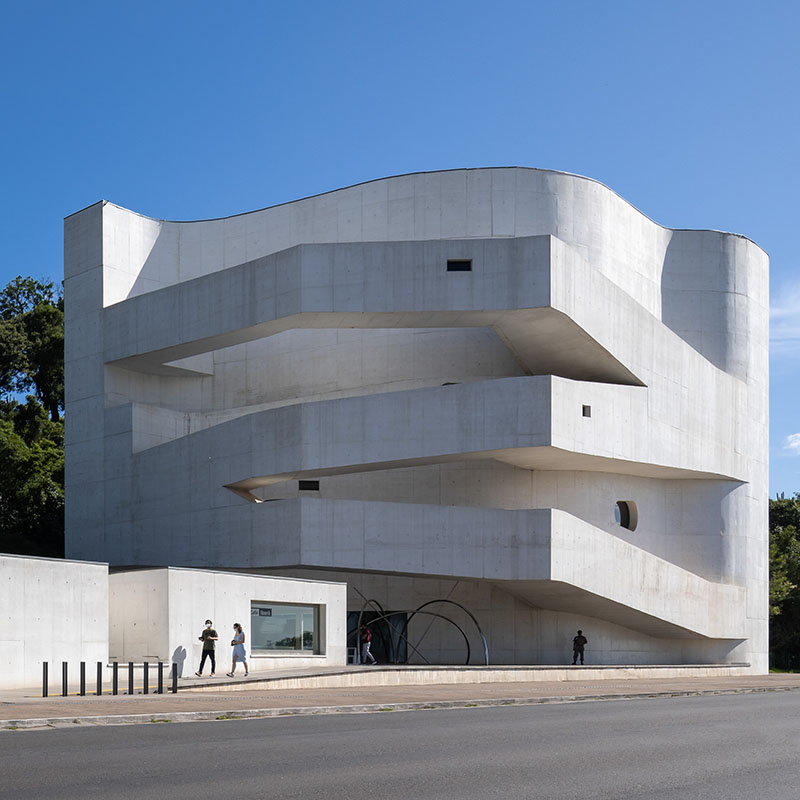
October 7, 2022
Architecture & Design Film Festival 2022: Architecture
The 2022 Architecture & Design Film Festival NY edition ran from September 28 — October 2 and showed 17 films from 13 countries. The Los Angeles edition begins October 13th.
Starting with films about cities; Builders, Housewives & the Construction of Modern Athens begins with a quote by Le Corbusier in 1911: “I would rather not speak here of those who live in this most beautiful city at the very foot of the temples; besides, they are not in the least related to the … great builders; they are what they are,” a setup for polykatoikia — literally “multiresidences” — apartment buildings, no higher than 8 stories (the height of the Acropolis) that transformed the city. Architectural historian Ken Frampton was entranced with Athens when he first visited in 1959, seeing it as an ideal, unspoiled radiant city, and notes that Alison and Peter Smithson wrote in Urban Structuring that one loses contact with the ground over six stories, echoing the attraction of the polykatoikia. The structures were made by working men from islands like Mykonos, Naxos, and Santorini, and antiparochi independent credit system that permitted developers to save the cost of buying land by giving landowners a share of the apartments, enabling many of the islanders to own property. As such, professionals like architects were often sidelined.
Segregated by Design is a succinct outline of how federal, state and local policies encouraged racial inequality in building cities, presented in brisk animation that makes its points utterly clear and devastatingly infuriating.
Alice Street shows how community artists fought back successfully in their Oakland, CA community. A mural project that involved local arts organizations including the Malonga Center, the largest dance building on the West Coast with an emphasis on the Afro diaspora communities, and the Hotel Oakland, where Chinese-Americans gather, became the locus of interactions with real estate developers and the city, whose plans kept changing, until an agreement was made for $20 million for affordable homes, retail, public art and neighborhood input.
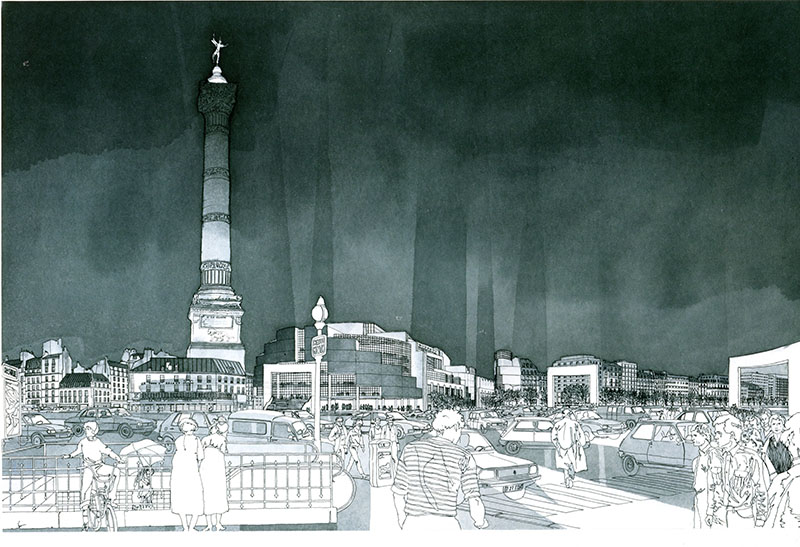
Still from Building Bastille: The Tangles and Improbable Story of Opera Bastille
Other films told the stories of specific structures. Building Bastille: The Tangles and Improbable Story of Opera Bastille spins the tale of the unlikely construction of this new opera house initiated by the Socialist French President Francois Mitterrand to commemorate the 200th anniversary of the French Revolution in 1989 at the site of the stormed prison. Uruguayan-Canadian architect Carlos Ott’s (1946-) design was chosen in a blind competition (although it was mistakenly thought his drawings looked like Richard Meier’s), and the machinations of building this large public structure mired in politics, from conservative Jacques Chirac’s ascendency to Prime Minister who ordered the project cancelled, even though he liked the building. Architectural, engineering and design considerations were up against a killer deadline and a budget held hostage, making one appreciate how a building actually gets made.
Robin Hood Gardens, the 1972 Brutalist East London public housing complex by Alison and Peter Smithson (1928 –1993; 1923 – 2003) considered a “beautiful failure” in the eyes of Charles Jencks and Paul Goldberger, but revered by others like Richard Rogers, was demolished in 2017. Although many architects rallied to preserve the structure, the fight was not tenant-led. Ironically, the Victoria & Albert Museum acquired a facade which was exhibited at the 2018 Venice Architecture Biennale.

Still from Beyond the Life of Forms
A different kind of demise is presented in Beyond the Life of Forms, which presents two funerary monuments. First, the Brioni Funerary Complex in San Vito d’Altivole by Carlo Scarpa (1906-1978) “a small family necropolis, but also a garden, and a device for reflecting on life and death…. Scarpa brings together the Christian cult of the dead, the Japanese transcendent relationship with nature, and suggestions from ancient Roman and Egyptian traditions…Shamans are doors between our world and others. Carlo Scarpa is a shaman architect, and the Brion funerary complex is his ritual.” The second is Aldo Rossi (1931-1997) and Gianni Braghieri’s Modena Cemetary. “Its distinguishing feature is a very simple design that stands in an analogical relationship with both the nearby neoclassical cemetery and the suburbs…The motif of the complex is the blue of noon…a famous book by Georges Bataille; the complex is characterized by blue sheet metal roofs and a red cube…reminiscent of both a building site and a ruin…reduced to the bare bones.”

Still from Concrete Landscape
Concrete Landscape shows Portuguese architect Alvaro Siza’s (1933-) Ibere Camargo Foundation, a museum in Porto Alegre, Brazil dedicated to the work of Brazilian painter Iberê Camargo that he won in a competition in 1998 against Richard Meier and Rafael Moneo, then chair of the Department of Architecture at Harvard GSD, who said during his interview that Siza was the best architect in Europe. The building is distinguished by a ramp that spans inside and outside.
GES-2 is a 20,000 square meter former power plant (1907) in Moscow that was transformed by the Renzo Piano Building Workshop into a cultural center commissioned by the V-A-C Foundation, a non-profit supporting contemporary art from Russia and the former USSR. The complex houses a library, bookshop, café, and auditorium; space for artist-residencies, craft workshops, recording studios and, exhibition space. It opened in December 2021, delayed by COVID, with Icelandic artist Ragnar Kjartansson’s “Santa Barbara—A Living Sculpture,” a film set recreating a post-Soviet-era soap opera called Santa Barbara (1992-2002) where dramatic recreations took place. This was immediately prior to the Russian invasion of Ukraine.
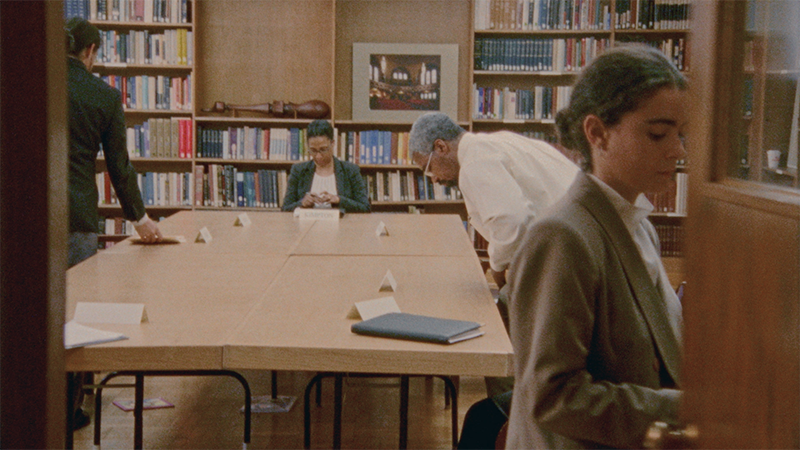
Still from Committee of Six
Committee of Six is a re-enactment of 1955 “Urban Renewal Program” committee meetings held at the Univeristy of Chicago about its neighborhood, Hyde Park with community leaders and university officials. The film includes the actors portraying the historical figures discussing the content and intent of the discussions, drawing parallels to today with themes of gentrification, racism, and real estate practices. Note that this is the neighborhood of the Obama Presidential Library and near Theaster Gates’s Rebuild Foundation projects.
Next, Susan reviews the design films shown at the festival.
FILMS
Alice Street, directed by Spencer Wilkinson
Beyond the Life of Forms, directed by Francesco Conversano, Nene Grignaffini
Builders, Housewives & the Construction of Modern Athens, directed by Tassos Langis, Yiannis Gaitanidis
Building Bastille: The Tangles and Improbable Story of Opera Bastille, directed by Leif Kaldor
Committee of Six, directed by Fred Schmidt-Arenales
Concrete Landscape, directed by Laura Artigas, Luiz Ferraz
GES-2, directed by Nastia Korkia
Robin Hood Gardens, directed by Thomas Beyer, Adrian Dorschner
Segregated by Design, directed by Mark Lopez
Vladimir Kagan: A Life of Design, directed by Edgar Howard, Elisabeth Clark, Thomas Piper
Observed
View all
Observed
By Susan Morris
Related Posts

Graphic Design
Sarah Gephart|Essays
A new alphabet for a shared lived experience
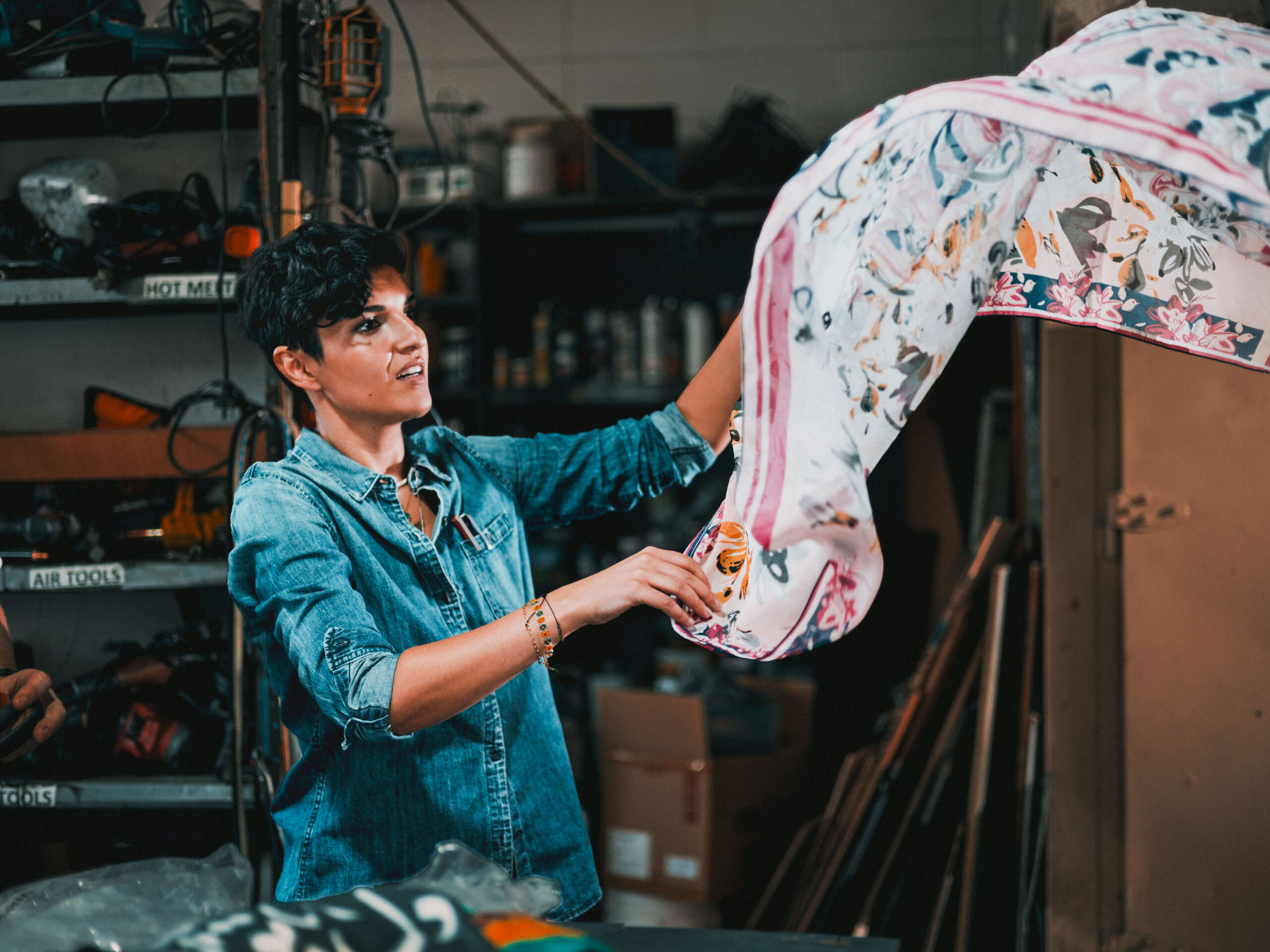
Arts + Culture
Nila Rezaei|Essays
“Dear mother, I made us a seat”: a Mother’s Day tribute to the women of Iran
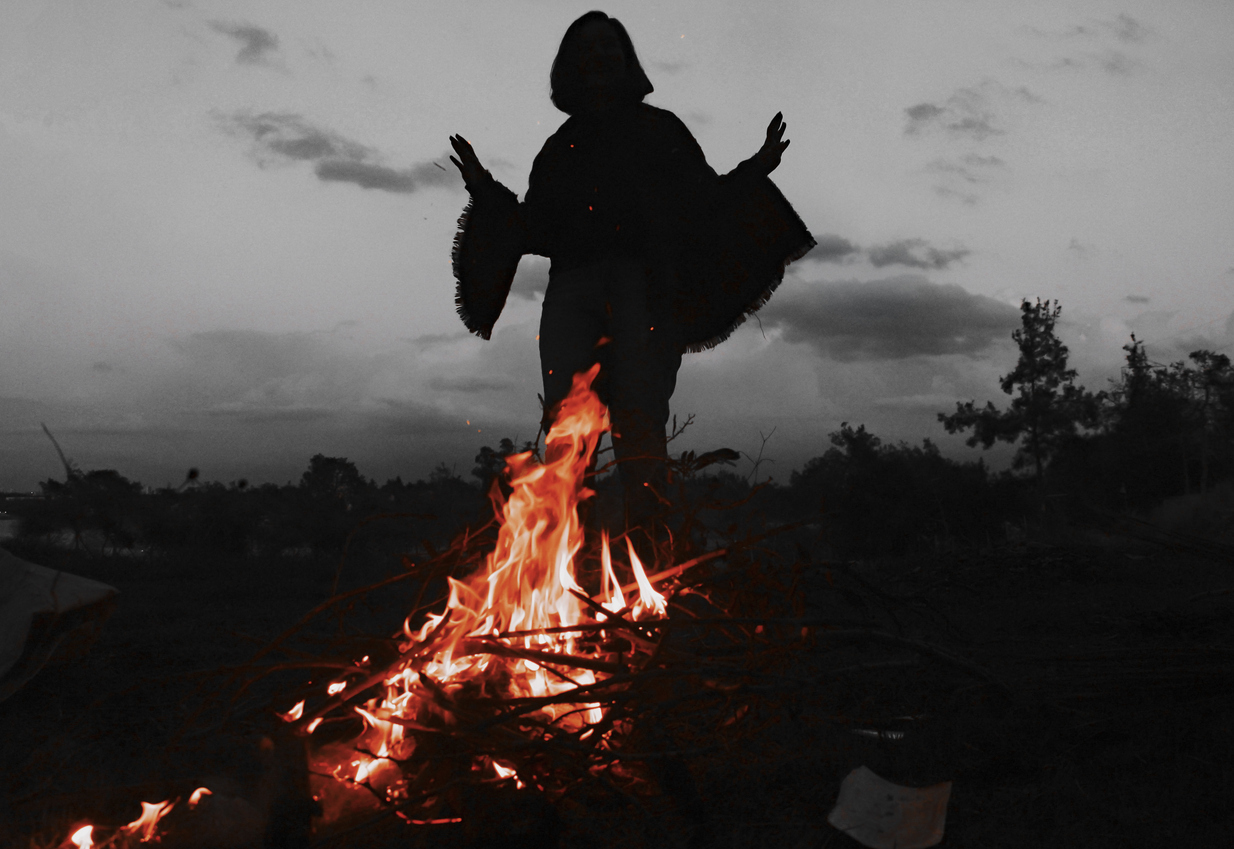
The Observatory
Ellen McGirt|Books
Parable of the Redesigner
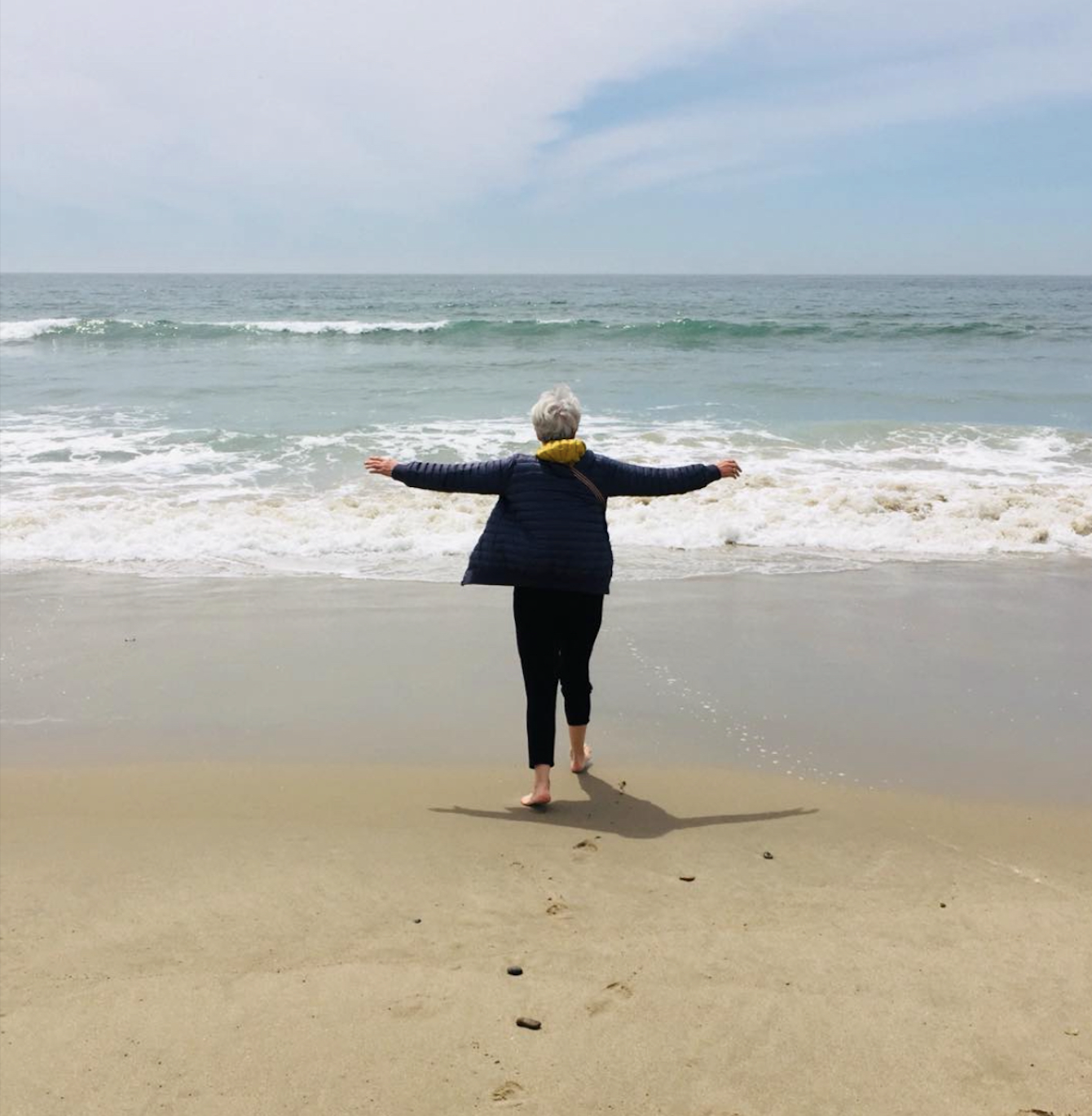
Arts + Culture
Jessica Helfand|Essays
Véronique Vienne : A Remembrance
Recent Posts
Mine the $3.1T gap: Workplace gender equity is a growth imperative in an era of uncertainty A new alphabet for a shared lived experience Love Letter to a Garden and 20 years of Design Matters with Debbie Millman ‘The conscience of this country’: How filmmakers are documenting resistance in the age of censorshipRelated Posts

Graphic Design
Sarah Gephart|Essays
A new alphabet for a shared lived experience

Arts + Culture
Nila Rezaei|Essays
“Dear mother, I made us a seat”: a Mother’s Day tribute to the women of Iran

The Observatory
Ellen McGirt|Books
Parable of the Redesigner

Arts + Culture
Jessica Helfand|Essays

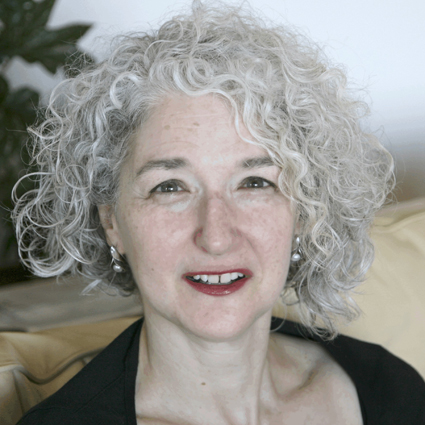 Susan Morris works across media — film, television, radio, exhibitions, public programs, print, digital media — specializing in the arts and culture with an emphasis on architecture & design as a producer, director, editor, curator and writer. She has worked at Publications: Louise Blouin Media (Editor-in-Chief, Modern Painters), Architect’s Newspaper, Art Newspaper, Artbyte, Documentary, Dwell, Eye, House & Garden, and Design Observer; Foundations: Ford Foundation, NEA, Rockefeller Foundation; Media Production: WNYC/PRI (founding Executive Producer Studio 360), BBC UK, Bravo, IFC, NY Times Television, WNET/Thirteen; Museums & Institutions: Cooper-Hewitt National Design Museum, J. Paul Getty Trust, International House, Metropolitan Museum of Art, MoMA.
Susan Morris works across media — film, television, radio, exhibitions, public programs, print, digital media — specializing in the arts and culture with an emphasis on architecture & design as a producer, director, editor, curator and writer. She has worked at Publications: Louise Blouin Media (Editor-in-Chief, Modern Painters), Architect’s Newspaper, Art Newspaper, Artbyte, Documentary, Dwell, Eye, House & Garden, and Design Observer; Foundations: Ford Foundation, NEA, Rockefeller Foundation; Media Production: WNYC/PRI (founding Executive Producer Studio 360), BBC UK, Bravo, IFC, NY Times Television, WNET/Thirteen; Museums & Institutions: Cooper-Hewitt National Design Museum, J. Paul Getty Trust, International House, Metropolitan Museum of Art, MoMA.